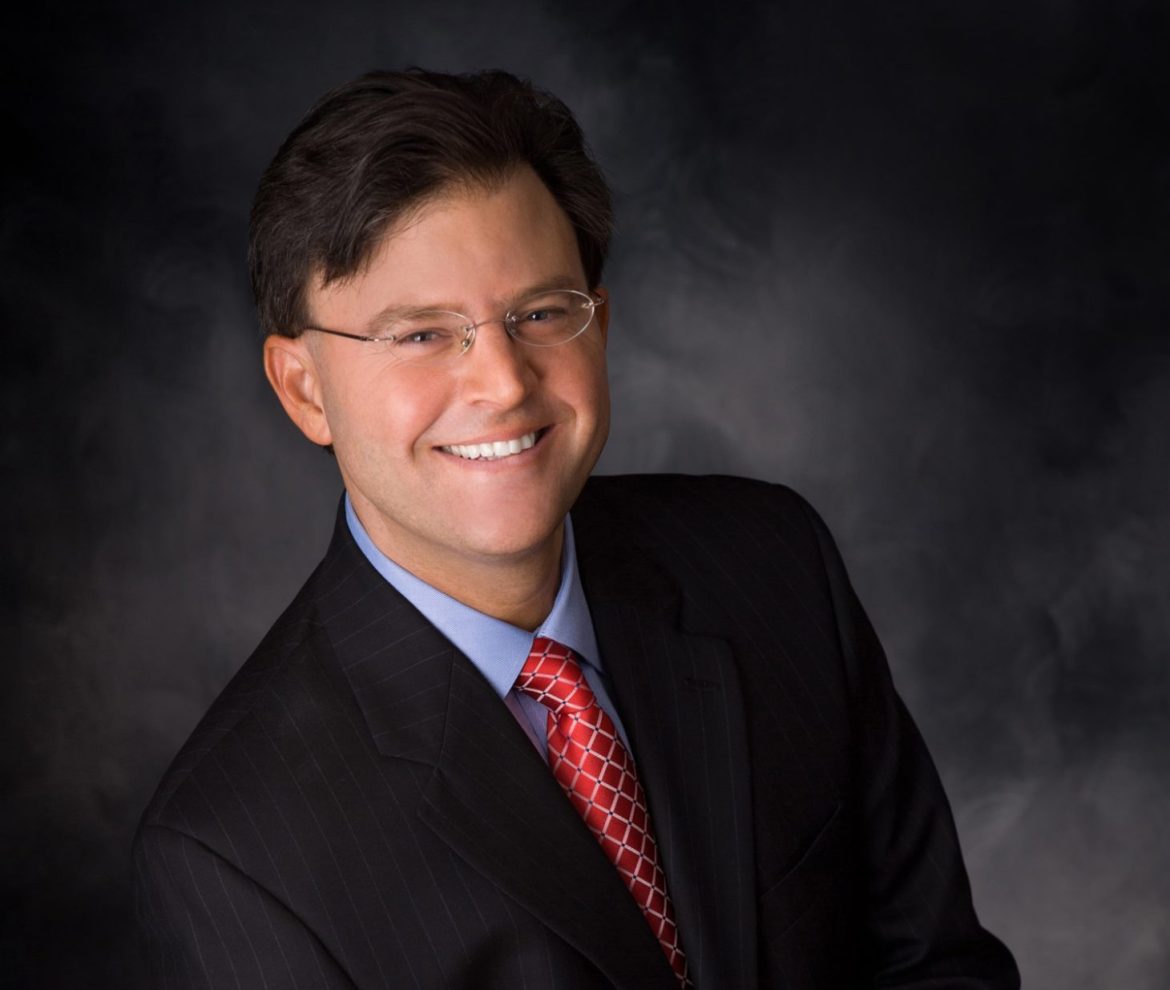410
Government-Coerced Private Censorship Now Before U.S. Supreme Court
The case is Murthy v. Missouri, a suit brought in federal court in Monroe, Louisiana by a number of states, including Louisiana. The basis of the suit involves states and in
Royal Alexander: Louisiana ‘Strikes a Blow’ for Free Speech
previous post




